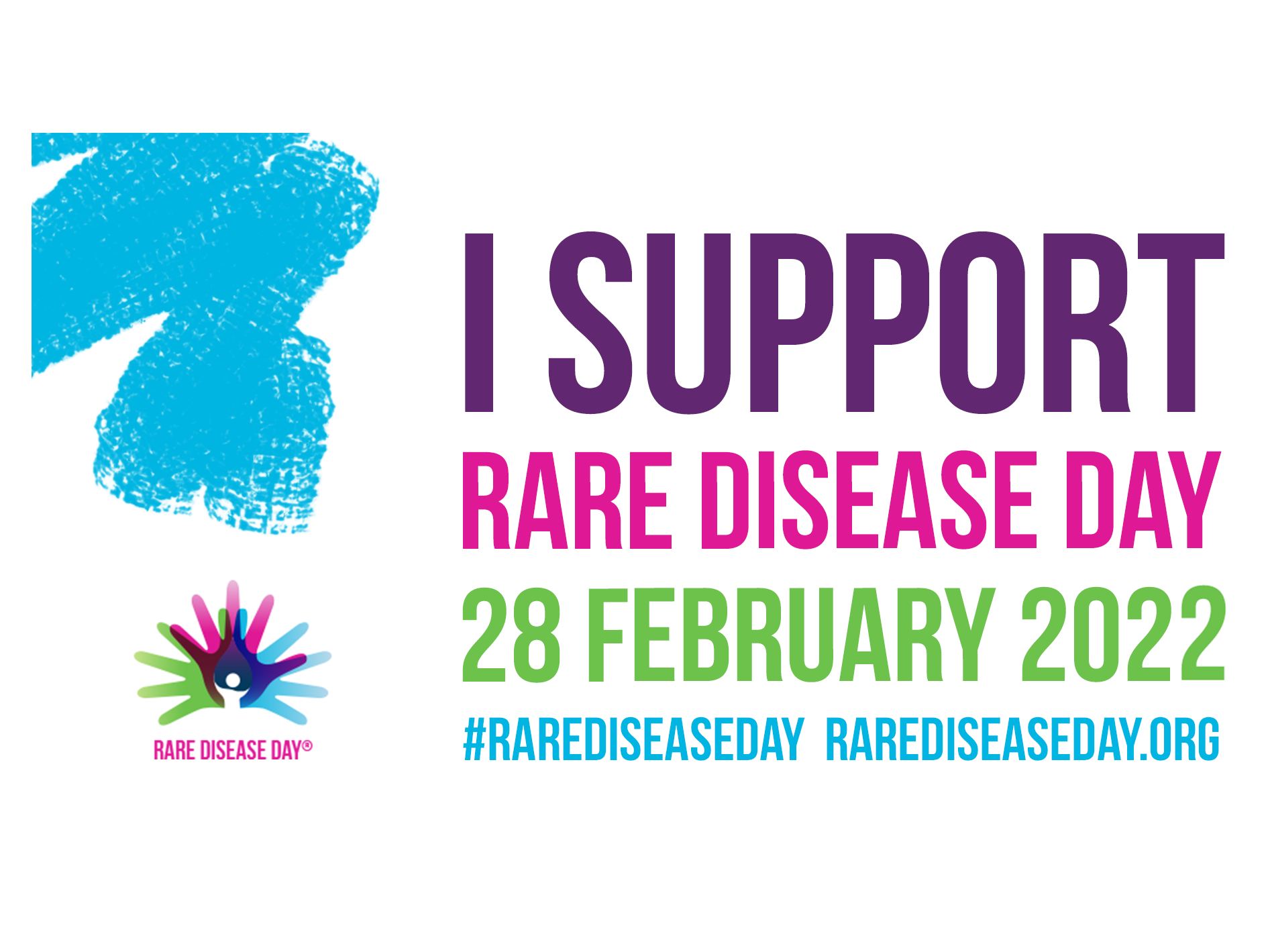
There are an estimated 7,000 rare diseases affecting 300 million people worldwide – and the vast majority have no approved treatment. Drug development is exceedingly challenging, hampered by small patient populations, insufficient outcome measures, and reimbursement roadblocks.
But new clinical trial design strategies could spell a more promising future in rare disease drug development. Clinical Trials Arena explored how platform trials can streamline rare disease research by evaluating multiple treatments and diseases under a single master protocol. Meanwhile, basket trials can investigate multiple rare diseases simultaneously, and umbrella trials can look at multiple treatments for one disease. In addition, Clinical Trials Arena examined how four notoriously difficult rare disease indications are making strides in clinical trial design.

Discover B2B Marketing That Performs
Combine business intelligence and editorial excellence to reach engaged professionals across 36 leading media platforms.
Amyotrophic lateral sclerosis (ALS) is a progressive nervous system disease affecting nerve cells in the brain and spinal cord and leading to muscle control loss. Clinical Trials Arena put a spotlight on how these clinical trials should attempt to stratify patients based on disease severity. The efficacy endpoint ALS Functional Rating Score – Revised is widely used, but regulators have concerns it can generate incomplete data if patients drop out. We also have a calendar for 2022 on drug clinical trial readouts to watch.
Huntington’s disease is a rare condition characterized by a progressive degeneration of nerve cells in the brain. This disease space has been plagued by several high-profile clinical trial failures, but companies are looking to get back on track by revamping clinical trial design. But will these changes be enough for a positive trial readout?
Achondroplasia is the most common type of short-limbed dwarfism. But getting European approval is often only half the challenge. European payers have an appetite for long-term data, requiring drug companies to run postmarketing studies linking their clinical trial data to long-term, real-world experience.
Rett syndrome is a rare genetic neurological disorder affecting brain development, mainly seen in girls. In clinical trials, experts we interviewed noted how current outcome measures lack sensitivity to capture nuanced changes to the patient’s disease progression. While the Rett Syndrome Behaviour Questionnaire is a validated endpoint, it does not adequately focus on important motor function outcomes.

US Tariffs are shifting - will you react or anticipate?
Don’t let policy changes catch you off guard. Stay proactive with real-time data and expert analysis.
By GlobalDataIn our sister website Pharmaceutical Technology, we explored how specialty pharmacies and value-based contracts could reshape the future of rare disease distribution. Reaching niche patient populations, handling complex delivery needs, and getting insurers to cover costly drugs all pose significant access barriers for rare disease drugs. And in Medical Device Network, they investigate the role and value of medical devices in rare diseases – as well as existing obstacles in medical device development.





